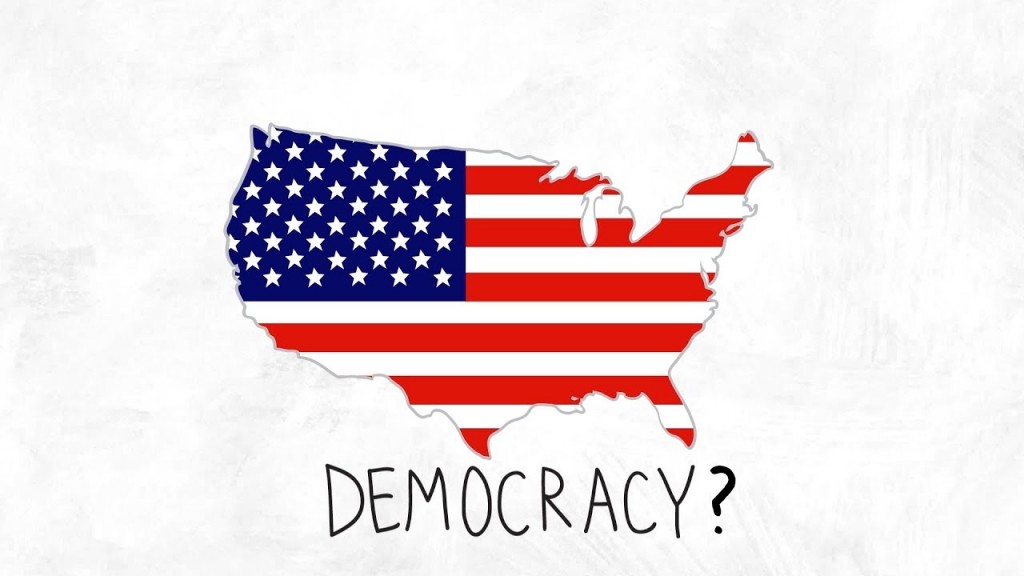How to pick a solution that satisfies everyone? This problem has faced (and continues to face) all of us.
Should we all wear a mask or not? Should this be enforced? Go on vacation during a pandemic – or not? There seems to be a struggle among Americans to answer such basic questions. While a section of us is ok with many of the restrictions in public life, many others are aghast and invoke such ideals as ‘freedom,’ ‘liberty’ etc. to be able to do what they want. Is this irresponsible? Perhaps so. But the question still remains: How does one find a solution that helps aggregate all the preferences of a group of people.
The answer, I am afraid, seems to be that it is impossible.
At least, that is what the Arrow theorem suggests.
As Plato Stanford University points out “Arrow’s theorem says there are no such procedures whatsoever—none, anyway, that satisfy certain apparently quite reasonable assumptions concerning the autonomy of the people and the rationality of their preferences. The technical framework in which Arrow gave the question of social orderings a precise sense and its rigorous answer is now widely used for studying problems in welfare economics.”
By this logic, is democracy impossible? It seems so if one is to follow this logic.
******
Amartya Sen has written a book on this topic and he writes in a short paper that these ideas of individual choice informing public decisions have been with us since the Enlightenment era.

